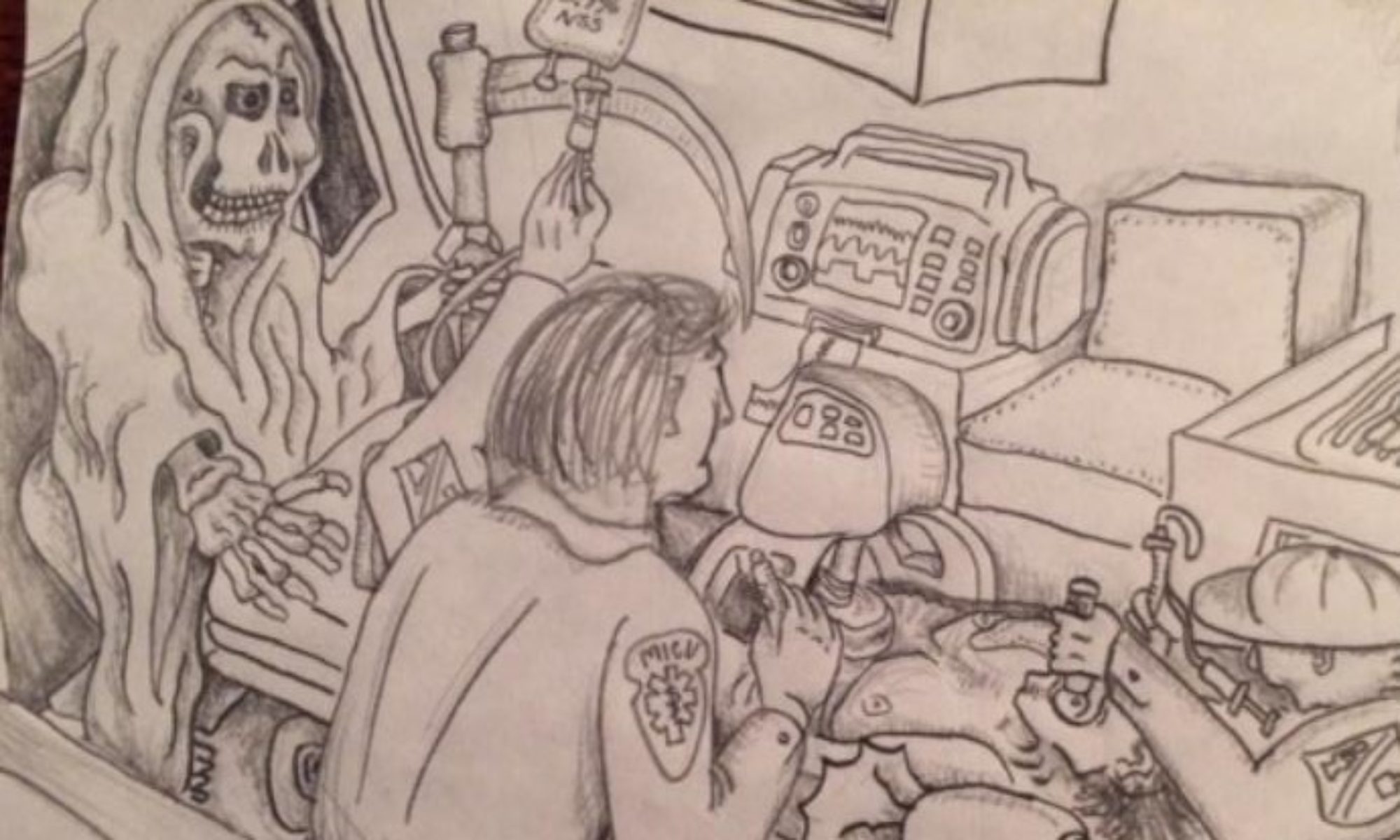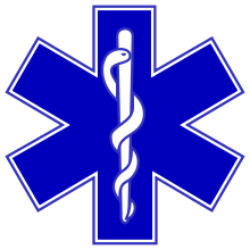Not Everything is “Bullshit”!
Recently, all I hear is “this is bullshit”. Some say it even upon the initial dispatch with no further information. No age, sex, supportive symptoms, address, or any other demographic information what so ever. It’s as though it is a spontaneous reaction regardless of nature.
Maybe someone like the incredibly educated Steve Velasquez given his years of experience and tireless and selfless self-study could potentially make as educated an assessment as could be formulated, but given the extremely limited information, even he would find it difficult to be completely accurate.
And then there are the times when we do read the CAD and have some potentially factual information to guess upon. Are these descriptions always accurate? Who here has not been mistaken arriving on a scene to find things not as you assumed? As a matter of fact, you find it totally opposite from what was broadcast. How many at one point or another took a few too many minutes to go from the truck to the scene only to find a cardiac arrest present? Not only are we already behind the eight ball time-wise, but now we’ve got to shift gears and bring out our A game which we weren’t prepared for. Did we even bring the right amount of necessary equipment?
And I can’t say I hear this from any particular age or gender. I hear this from all degrees of paramedics and EMT’s, young and old, inexperienced and experienced, enthusiastic and salty. It’s as though it’s an inherited trait that’s been handed down from generation to generation.
I looked in Nancy Caroline’s EMT and Paramedic manuals and did not see any lesson or notations on this. Does anyone know the age number or chapter?
I do however remember vaguely hearing Jen McCarthy make a speech regarding this just before the end of our course. In that speech, she was trying to convey or instill a mentality in us that we should be finding ways to definitively prove that something wasn’t ALS vs. proving that it is. I imagine that this was necessary as mentioned above since this seems to be an ongoing problem that’s once again been handed down, and she didn’t want us to fall prey.
And then we come to the moral dilemma of our situation. If we get our wish and get too many cancels, won’t we cancel ourselves out of a job? If we’re so hell-bent on getting as many cancels as we can, how are we justifying our existence? Every company wants to put up the least amount of trucks to make the most amount of money, do we want to help them prove or implement this? I’m not saying to work someone up just to make money, but I’ve seen enough patients who could have used a cautionary ride to the hospital that ended up being dismissed just because they weren’t dying.
And that brings up another question, does our patient have to be dying to be treated by us?
There are some patients out there that it would just be “good patient care” to treat, for no other reason than at this moment in their lives it would make a difference. It wouldn’t be needed necessarily to keep them from dying, but they would absolutely profit for whatever reason they’re in their current distress, even though it’s not at death’s door.
And it’s this thinking that begins a domino effect and opens up further questioning. Are we looking at their distress through their eyes or our own? Do you have any idea what else is going on in their lives? Their actual pain or distress threshold? I’m not saying to treat every drug seeker, drama queen, or Prima Donna, but there are some who potentially we dismiss who we might have otherwise have made some difference. Is a half-hour ride or a half-hour chart really that much of an inconvenience for us? If it is, maybe we should rethink what we’re doing.
But the problem in all this is, by embracing this mentality, are we setting ourselves up for failure? When you go into every situation always initially pessimistic, aren’t you already turning off your innate sensory perception, or at minimum dulling it?
I admit at times I’m just like the next guy, if I see a call come in for the “ALS stubbed toe”, I say the same thing so I’m not innocent, but do we need to say this for every call?
Why did we get into this field in the first place? Did we think that every call we were going to go on was going to be the “big one”? Only to find out that maybe we’ll get if we’re lucky something worth our ALS skills every 16th call, maybe once every other week? Is our disappointment wearing us out? Are we merely here just to pay the bills? Have we been in this field for too long and maybe it’s time to rethink our direction? Have we forgotten it’s not about us, it’s all about the patients? It seems as though sometimes that fact gets completely forgotten.
I don’t know the answer to this question but at times it frustrates me. I think it would be helpful to adopt and present ourselves with a more positive attitude. I think this would help foster a less cynical outlook on our jobs overall. We keep saying that we want to be more respected in the healthcare arena, taken a little more seriously, garnish a little more respect for ourselves amongst our peers, well that comes with how we present ourselves. I think this would be a good starting point.

